Ahead of its world premier, a documentary on the Aarushi Talwar murder, says producer Sarah MacDonald, seeks to present a balanced take on a human story that defies answers
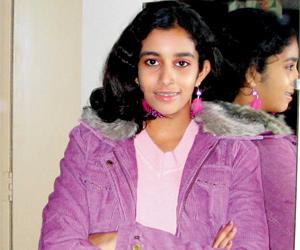
It's a case with no clear answers. But that's not stopping journalists from all over the world to try and get behind the mess and myths spun around the double homicide case of Aarushi Talwar 13, and the Talwars' domestic help, Hemraj Banjade, who were found dead at the Talwars' Noida residence in May 2008. Aarushi's dentist parents, Nupur and Rajesh, walked free from Dasna prison after the Allahabad High Court acquitted them on October 12.
ADVERTISEMENT
The makers of The Talwars: Behind Closed Doors, Star World's first investigative crime documentary, produced in association with HBO Asia, which premiers tonight at 10 pm, claim to once again put all the facts out, without "rebroadcast sensational allegations". In an email interview, BAFTA-winning documentary filmmaker and the executive producer of the four-part series, Sarah MacDonald tells us why her opinion of India changed by the time they were done shooting. Edited excerpts from the interview.
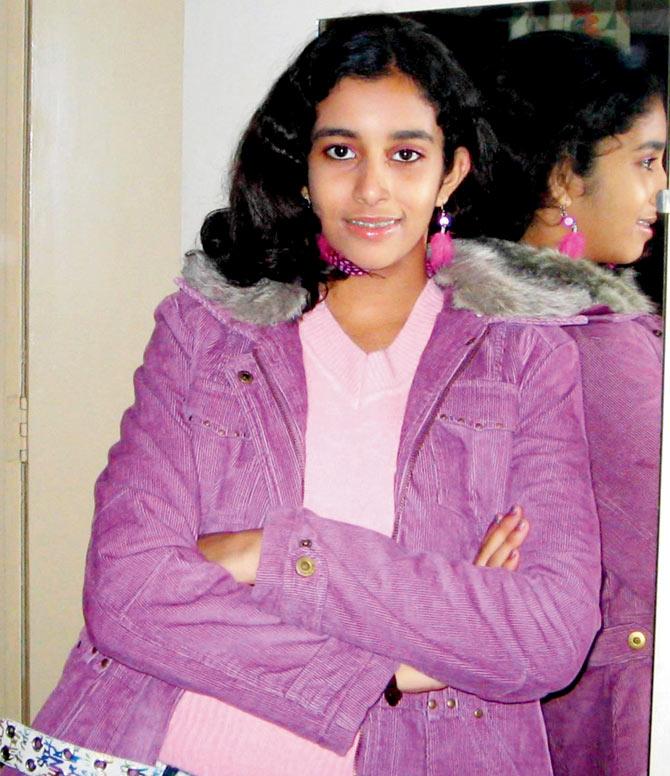
Aarushi Talwar
What did you know about the Noida double murder case before you came on board the documentary team?
I wasn't aware of the case. I knew HBO was looking for something that would grip viewers across four parts, dissecting the crime and investigation from top to bottom. Most crimes do not have enough twists and turns to sustain a four-hour duration. The Talwar story does, because it played out in technicolor through the media and courts over so many years.
How had you planned to approach the case?
The immediate demand was to put together a top-notch team. PA Carter (director) and I were incredibly fortunate to have already worked with Delhi-based researcher-producer, so we turned to him immediately. He was able to pull together a list of top-rated directors of photography and a crew. We began reading everything that had been published on the case and reached out to people on both sides. Across 18 months, we interviewed more than 40 people, trying to seek balance and understanding. We needed expert guidance from our Indian producer to help us understand the nuances that we wouldn't have given that we are foreigners.
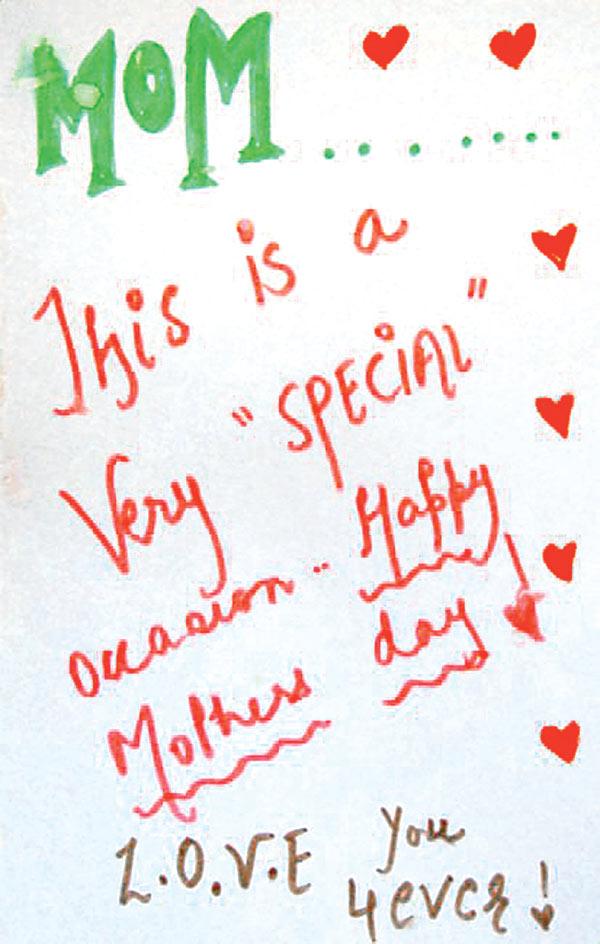
A Mother's Day card from Aarushi to Nupur Talwar
Does the documentary take a stand on the question of 'who did it?'
We are proud that we sought out voices from both sides of a very polarised debate. We sought to be revelatory without being sensational. We set out to say something new and I hope that we have achieved this.
What was the one thing the makers were sure they wouldn't do?
We were always very sure we didn't want to rebroadcast sensational allegations that bore little relation to fact. We have worked very hard to ensure we have a number of sources for everything we say. However, we are aware that some of our contributors are likely to be falsifying the truth, and responsibility for that rests with them. It is our job to question and to guide viewers to ask questions as well. This is a double murder and, as of today, there is no convicted murderer(s). Yet, people from both sides claim that they know exactly what happened.
Do you see facts at the center of this story or sentiment?
As journalists, we are seeking truth in this tragedy and we put facts before everything else. But at its heart, this is a human story. We approached the film from an international perspective; imagine you are a parent anywhere in the world and you wake to discover that your daughter has been savagely murdered in the bedroom next to where you were asleep. And from there, you are sucked into a Kafkaesque world of police, media and justice. We have produced the series to play to those fears that exist inside every parent anywhere in the world.
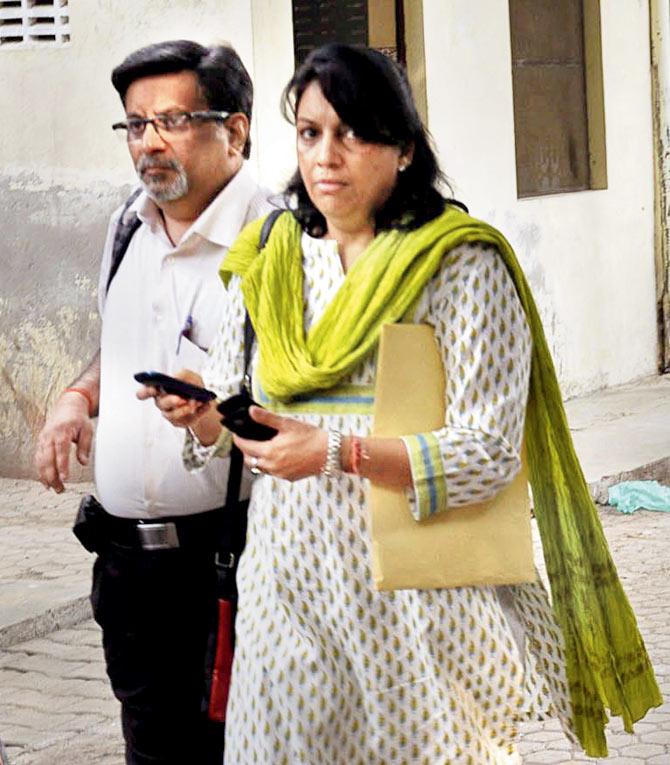
Nupur and Rajesh Talwar coming out of court in Ghaziabad in 2013. Pic/Getty images
What did you learn of India while making the documentary?
I learned that India is very complex; appearing modern, educated and international at first glance. Yet, across the months of our investigation, to me it emerged as more fragile, spiritual and traditional - for good and bad - than I had expected. Of course, the more you peer inside a culture from the outside, the more you realise how little you know of it. I would like to learn more about India and its amazing people. It is a lifetime's education, I am sure.
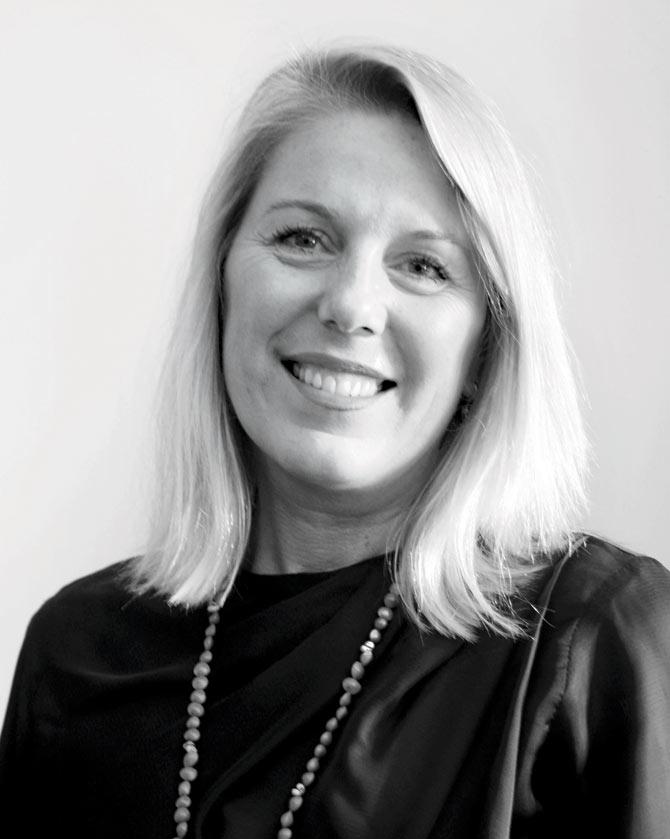
Sarah MacDonald
If you had to identify the biggest challenge, what would it be?
It was to seek answers from the main characters in this story - the defense, the prosecution, the Talwars themselves and their family. However, as you know, we secured the world exclusive interview with the Talwars upon their release, and once the appeal was finally decided, other voices emerged. We were extremely fortunate to have two incredible broadcasters, who believed in the films we were making, believed in our journalism and allowed us to continue production well beyond our initial schedule. Without their belief, we would not have secured the voices that make this series rich in texture, and equally revelatory.
 Subscribe today by clicking the link and stay updated with the latest news!" Click here!
Subscribe today by clicking the link and stay updated with the latest news!" Click here!







